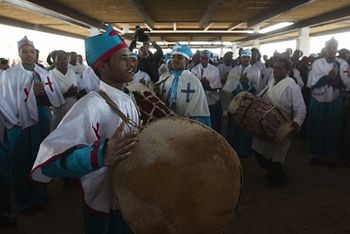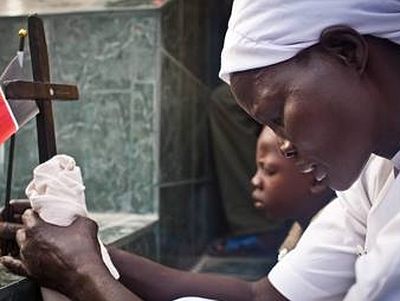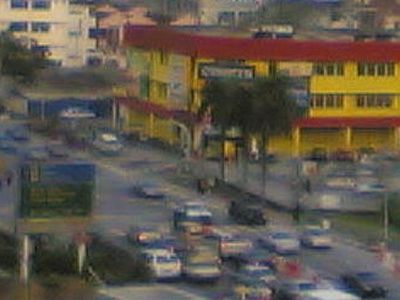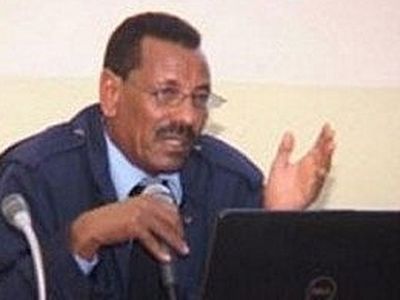February 2, 2015

Patriarch Abune Antonios, head of the Eritrean Orthodox Church, is the rightful leader of the east African country's largest religious community.
The Eritrean authorities removed him from his position in January 2006 for failing to comply with a government order to excommunicate 3,000 parishioners who had opposed the government. Antonios had also called for the release of political prisoners.
In May 2007 he was taken from his home and put under house arrest. The government replaced Antonios with Bishop Dioscoros of Mendefera.
"We call on the Eritrean government immediately to release Patriarch Antonios and the more than 2,000 people imprisoned for their religious beliefs. Religious freedom is a fundamental, universal human right," said Lantos Swett, chair of USCIRF in a statement.
"Unfortunately, this anniversary reminds us that these rights, as well as other human rights, have been denied to the people of Eritrea for more than two decades," he added.
The Commission said the Patriarch suffers from severe diabetes and has been denied access to medical assistance.
Eritrea is listed ninth on Open Doors' World Watch List of the 50 countries where it is most difficult to live as a Christian.
Since 2002 only four religious communities have been recognised by the regime, which has been governed by President Isaias Afweki since 1993.
The four recognised religions are the Coptic Orthodox Church of Eritrea, Sunni Islam, the Roman Catholic Church and the Evangelical Church of Eritrea. But the government has a tight control on all religious activities – even those that are registered.
But without this recognition, religious groups cannot gather in public. The situation is particularly difficult for evangelical and Pentecostal Christians and Jehovah's Witnesses.
Those who are imprisoned on religious grounds, often not on any formal charges, can be subject to mistreatment and torture. Some Protestants and Evangelicals who have been released report being pressurised to give up their faith.



